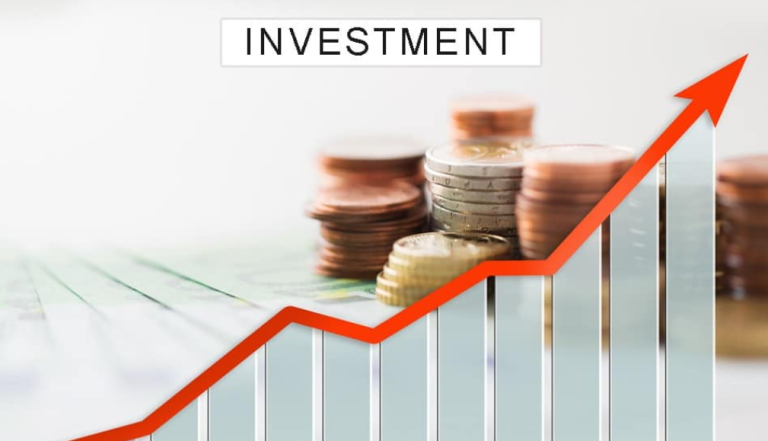The beginning of a new year often sets the tone for what lies ahead in the financial markets. In 2021, the stock market saw one of the best starts in over a quarter-century, leaving investors to ponder what might come next. This article explores the factors contributing to this remarkable start and the potential scenarios for the stock market in the months to come.
A Phenomenal Start to 2021
The year 2021 began with a bang for the stock market, and several factors played a role in this remarkable performance:
**1. Vaccine Optimism: The approval and distribution of COVID-19 vaccines fueled optimism about a return to economic normalcy. Investors welcomed the prospect of businesses reopening and consumer spending rebounding.
**2. Stimulus Measures: Governments worldwide implemented extensive stimulus packages to support their economies. These measures provided financial aid to individuals and businesses, boosting investor confidence.
**3. Low Interest Rates: Central banks continued to keep interest rates at historically low levels to encourage borrowing and spending. This environment favored equity investments as fixed-income returns remained limited.
**4. Tech Resurgence: Technology stocks, which had driven the market in the previous year, regained their footing. Tech companies’ strong earnings and growth prospects contributed to the stock market’s overall performance.
**5. Rebounding Corporate Earnings: Companies reported better-than-expected earnings in the early months of 2021. These positive results further bolstered investors’ confidence in the market.
The Road Ahead: Potential Scenarios
As we look ahead, it’s essential to consider various scenarios that could shape the future of the stock market:
**1. Economic Recovery Continues: If the global economy continues on its path to recovery, businesses will reopen, and consumer spending will rise. This scenario would likely be supportive of continued stock market gains, especially in sectors heavily impacted by the pandemic, like travel and hospitality.
**2. Inflation Concerns: Inflationary pressures are on the horizon due to massive government spending and stimulus packages. Rising inflation can lead to higher interest rates, which may affect stock valuations. Investors will closely watch for signs of inflation and central bank responses.
**3. Market Rotation: The strong performance of technology stocks may lead to a rotation into other sectors as investors seek opportunities in areas such as value stocks, small-cap companies, and cyclical industries.
**4. Geopolitical Factors: Geopolitical events, such as trade tensions, can influence the stock market. Tensions between the United States and China or other global developments may lead to market volatility.
**5. Corporate Earnings: Earnings reports will remain a key driver of stock market performance. Analysts will monitor whether companies can sustain their impressive results, and any disappointments may lead to market corrections.
**6. Interest Rates: The Federal Reserve’s stance on interest rates will significantly impact the market. Any hints of rate hikes can affect stock valuations and investor sentiment.
**7. Vaccine Progress: The ongoing distribution and effectiveness of COVID-19 vaccines will continue to play a pivotal role in the market’s trajectory. Any setbacks or successes in the global vaccination campaign can sway investor sentiment.
Investor Strategies in Uncertain Times
Given the potential scenarios outlined, here are some strategies for investors to navigate the road ahead:
**1. Diversification: Diversify your investment portfolio across different asset classes and sectors. This approach helps reduce risk and enhance resilience in various market conditions.
**2. Regular Monitoring: Stay informed about economic indicators, corporate earnings, and global events. Regularly assess your portfolio’s performance and rebalance when necessary.
**3. Long-Term Perspective: Maintain a long-term investment perspective and avoid reacting to short-term market fluctuations. Time in the market is often more valuable than timing the market.
**4. Risk Management: Assess your risk tolerance and adjust your portfolio accordingly. Be prepared for potential market corrections and understand your financial goals.
**5. Professional Guidance: If you’re uncertain about your investment strategy, consider seeking advice from a financial advisor who can provide personalized guidance.
The Bottom Line
The remarkable start to 2021 for the stock market is a testament to the resilience of the financial markets and the factors that have driven this performance. While the road ahead may be uncertain, investors can navigate it successfully by staying informed, diversifying their portfolios, and adopting a long-term perspective. In the ever-changing world of finance, being prepared and adaptable is key to achieving financial goals.



























